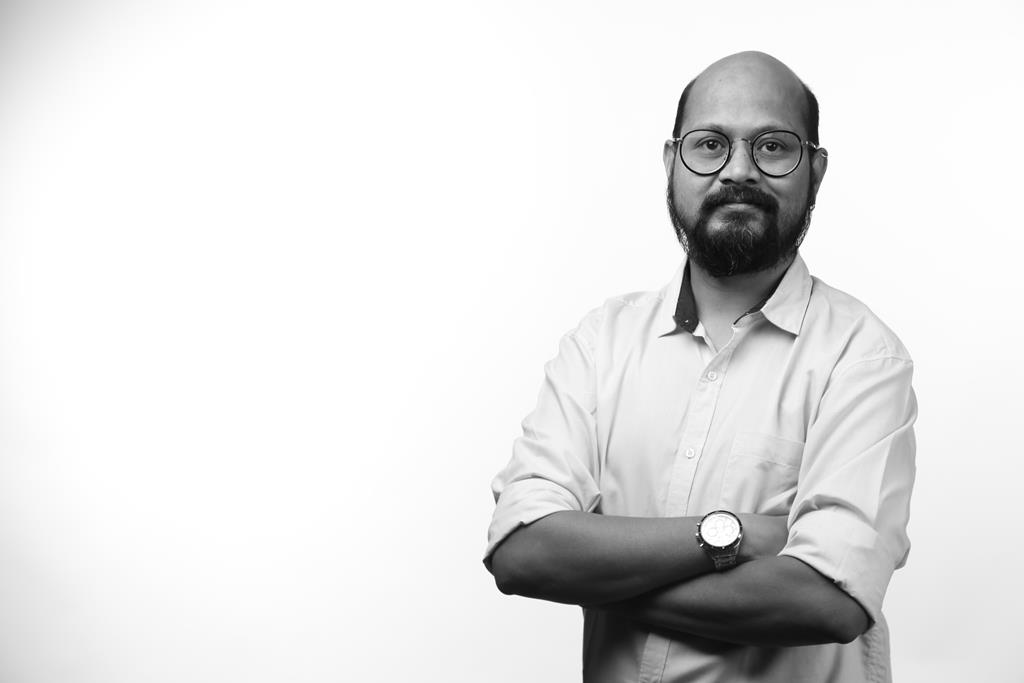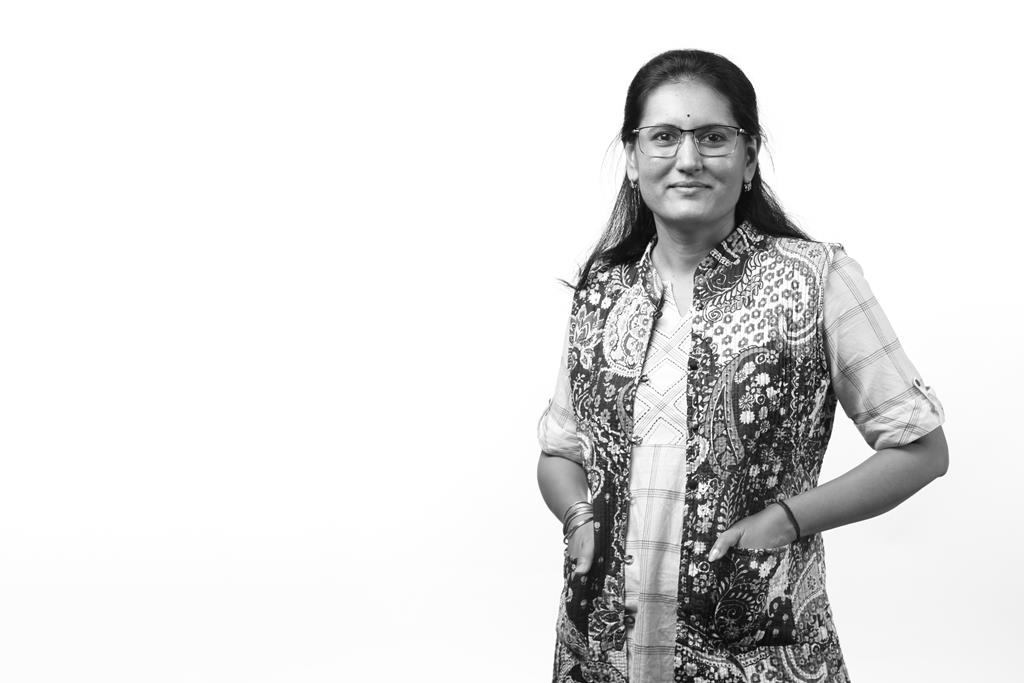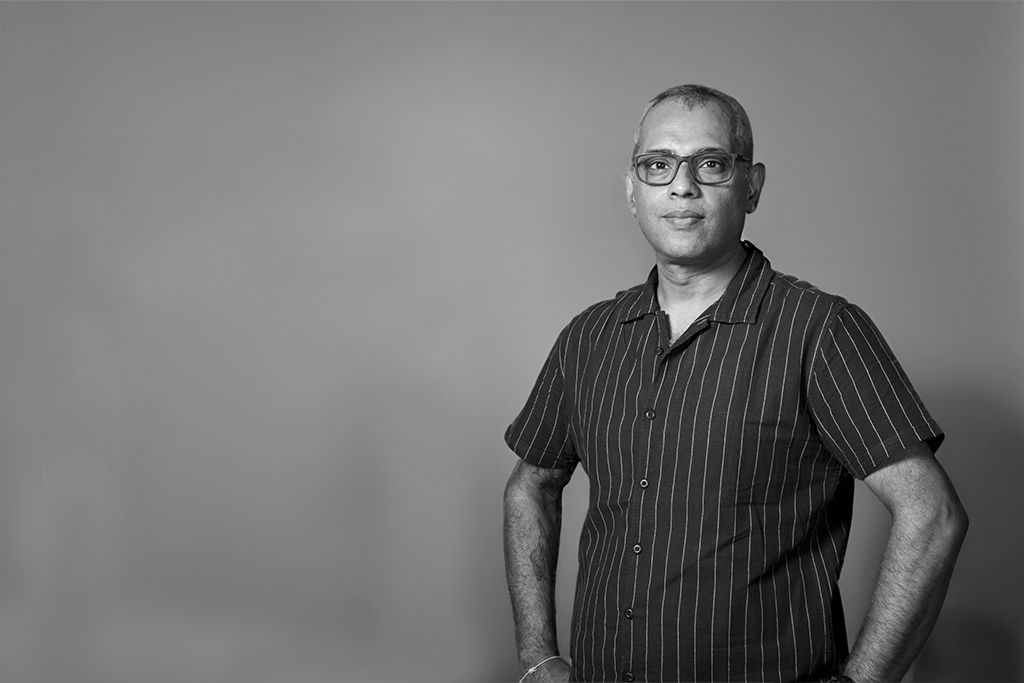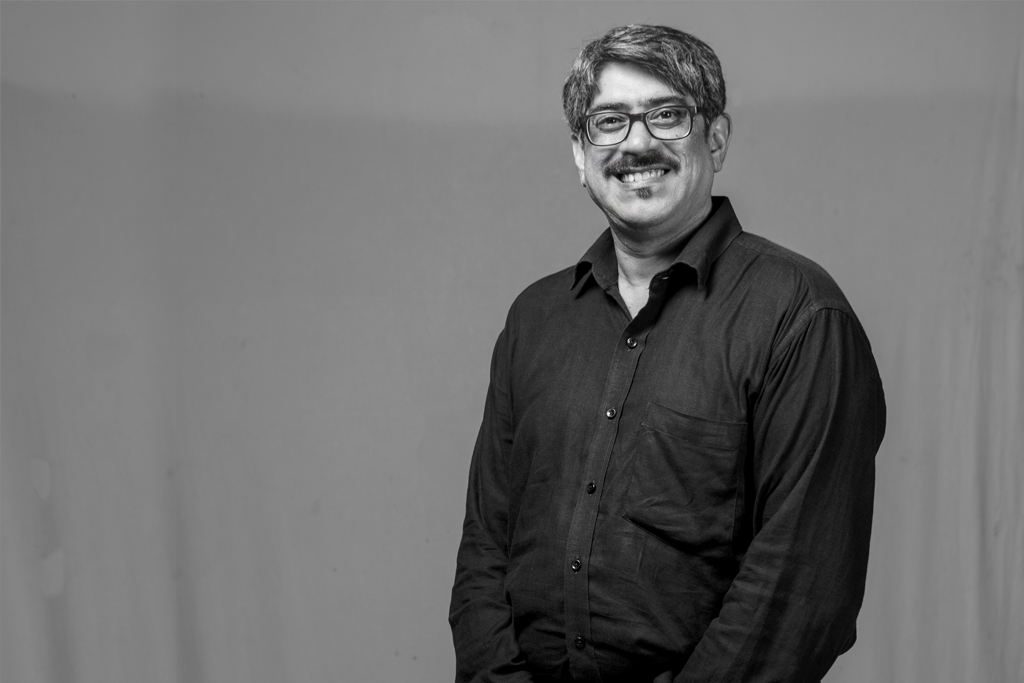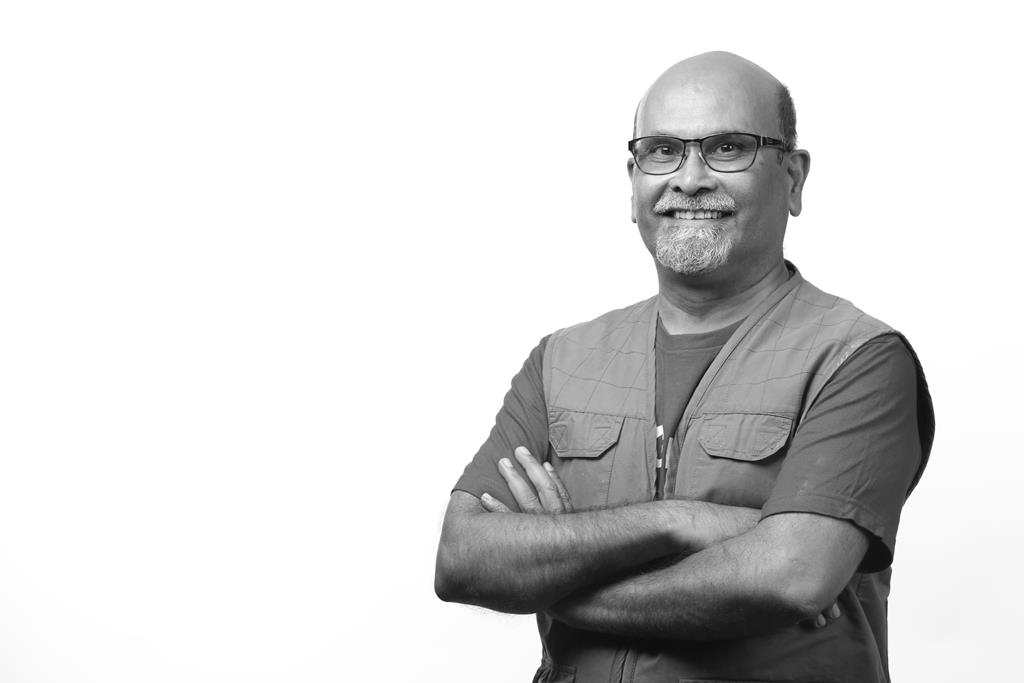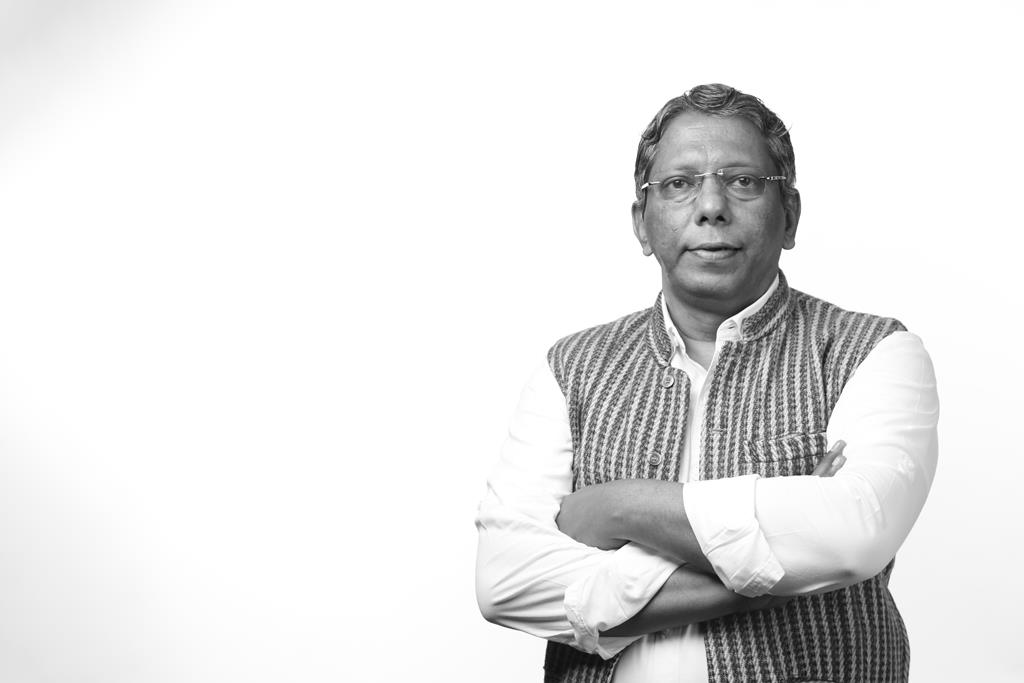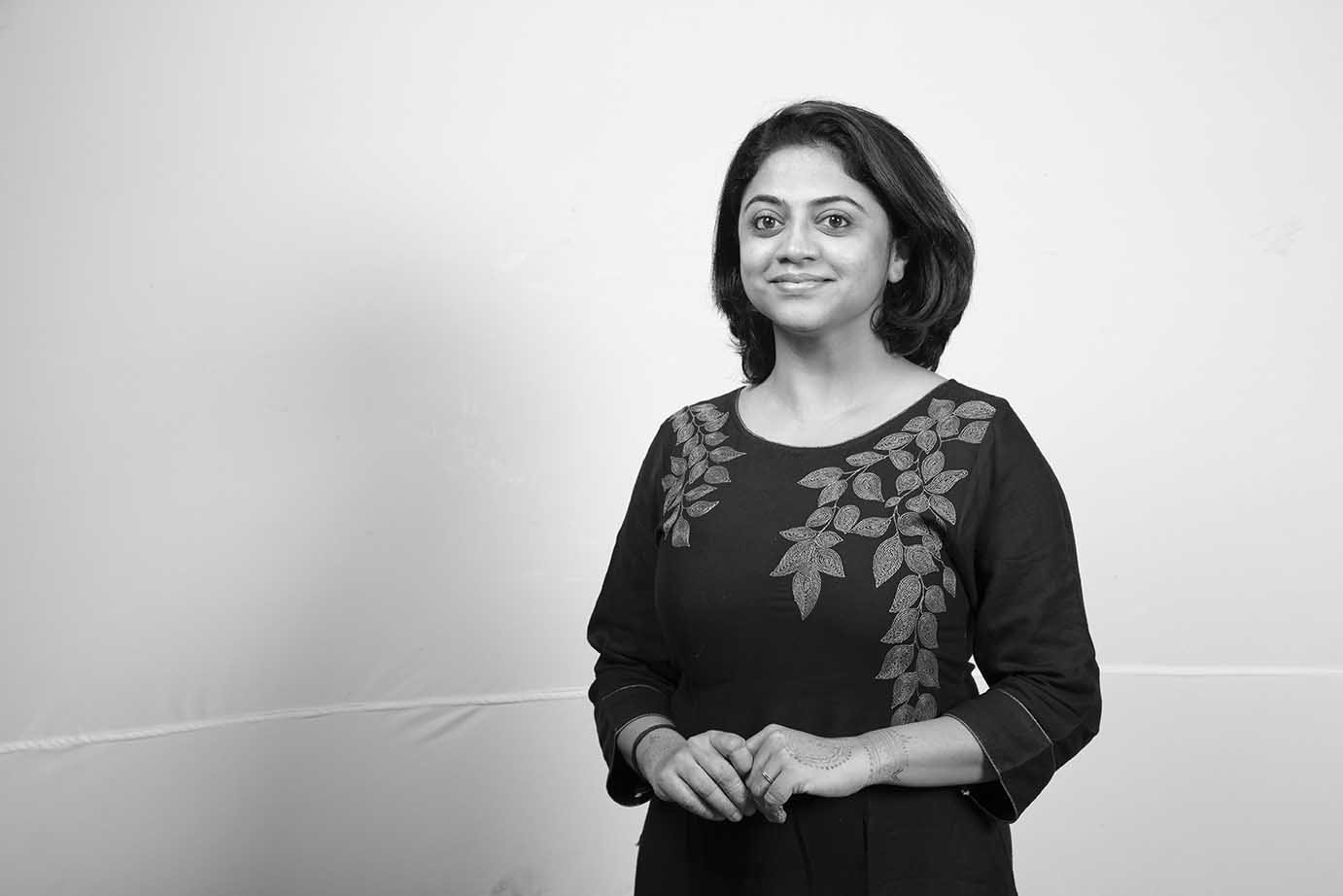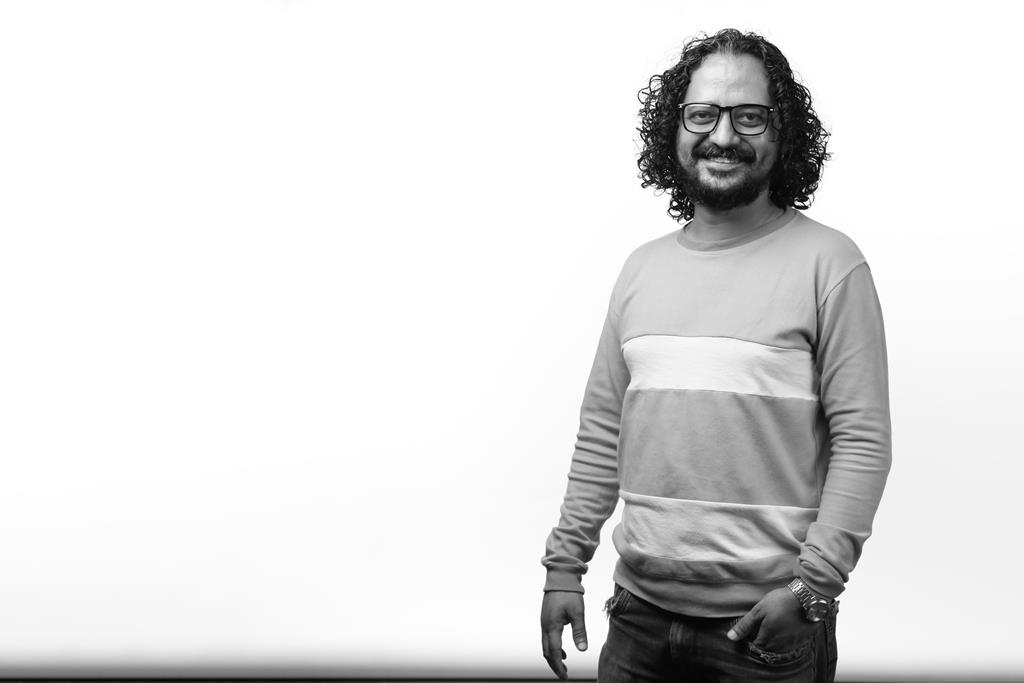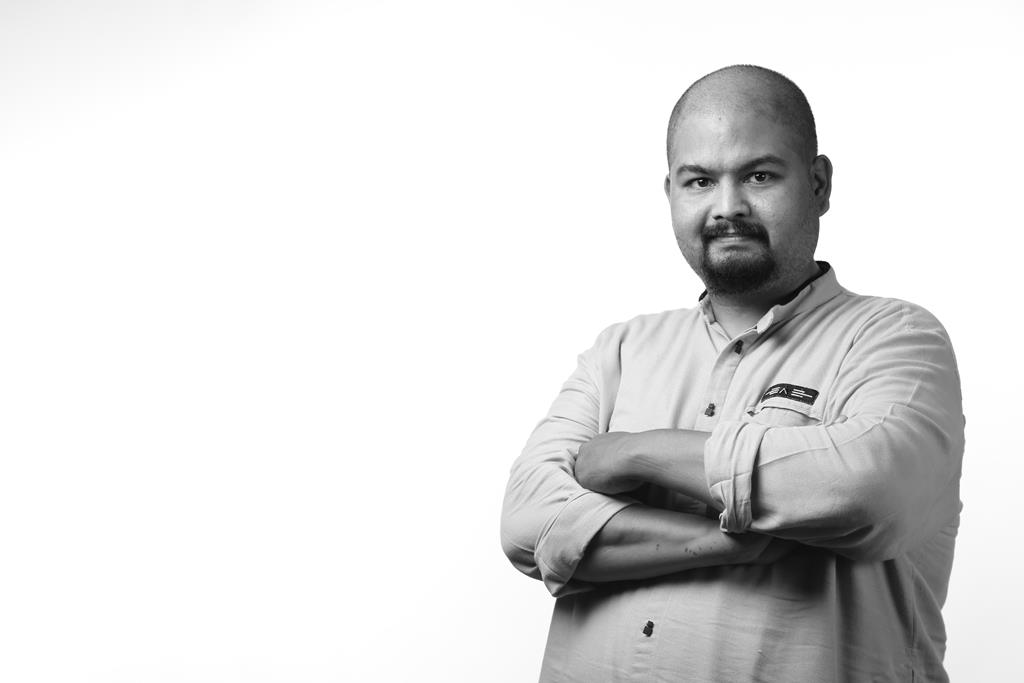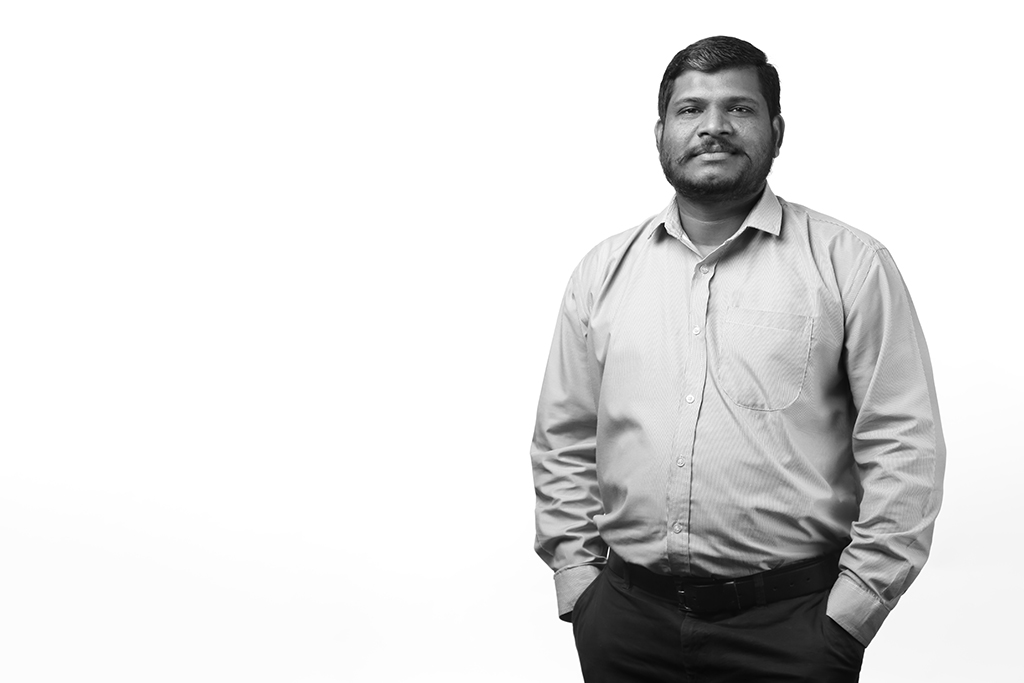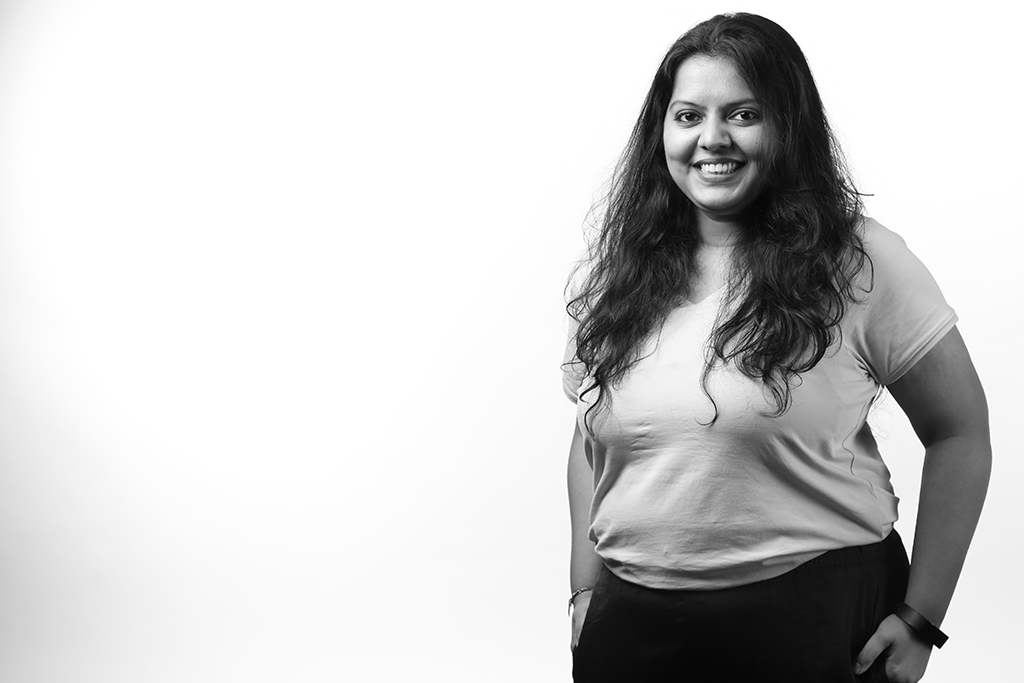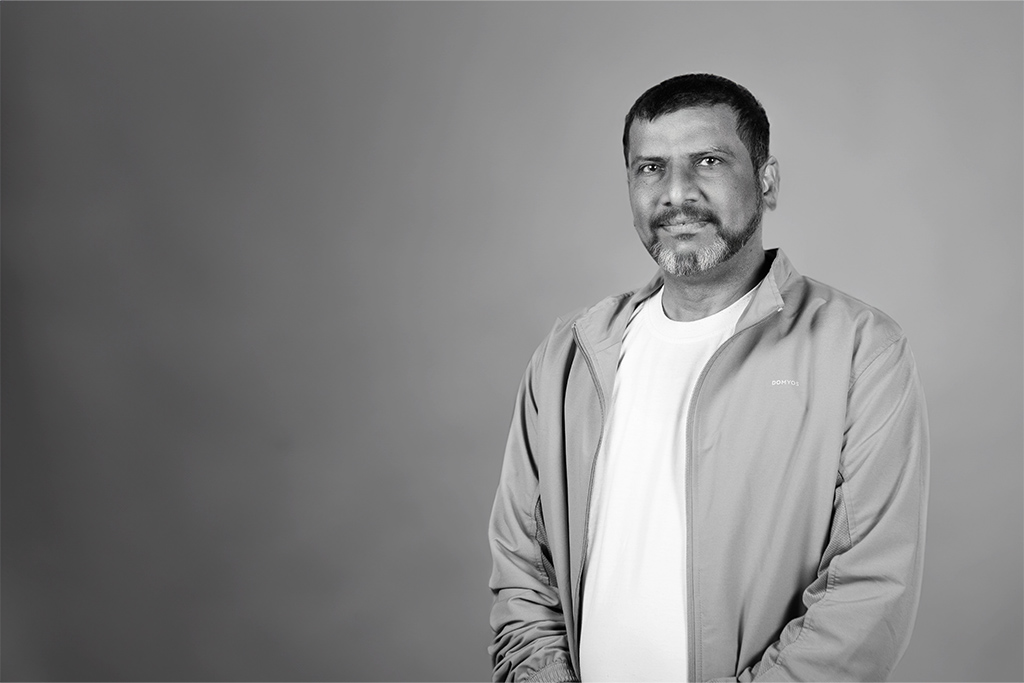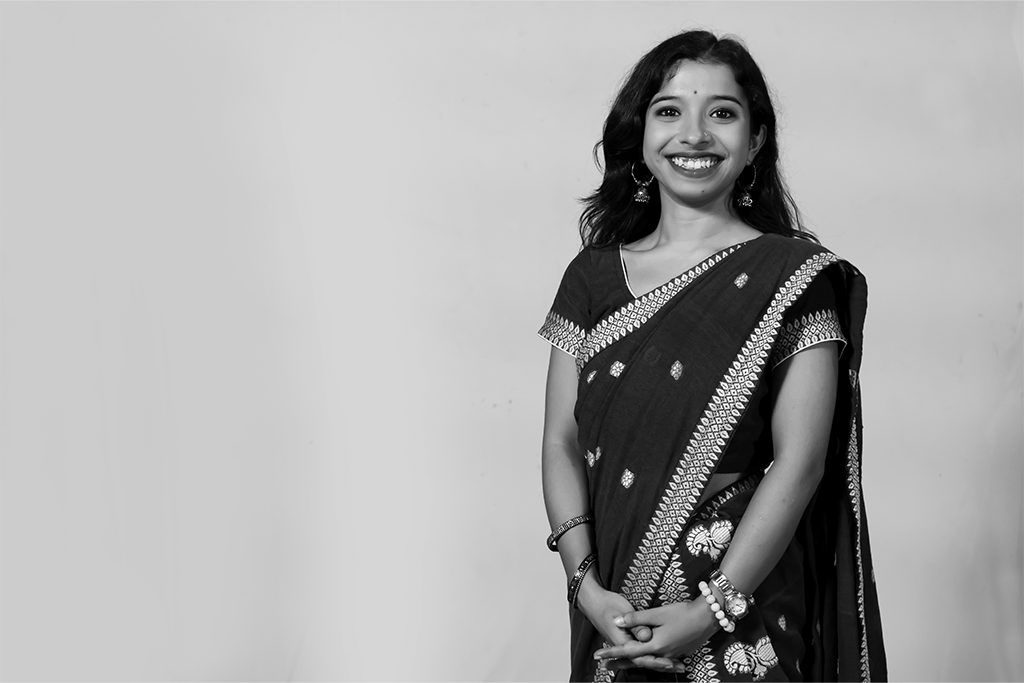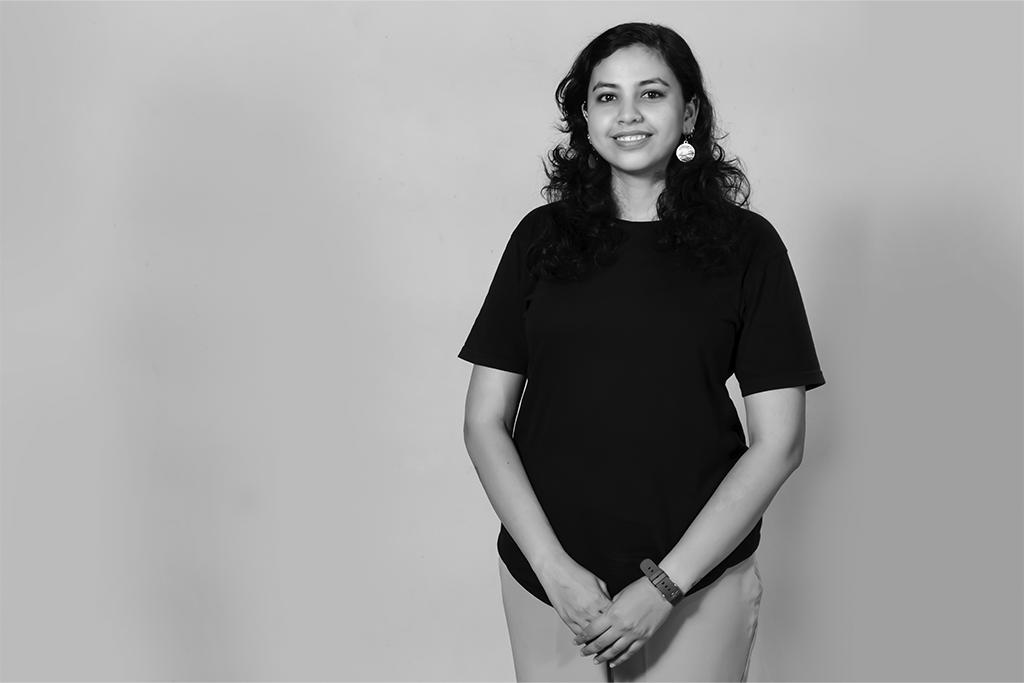Foundation
The first step of a professionally oriented program is to re-examine what has already been learnt and reorient a learner’s understanding towards applicability, in preparation for the lifelong learning to come.
MITADT University - Institute of Design’s Foundation program has been curated over 16 years to reorient the capacity of a learner that has been built up in school and to enhance their ability to learn in a context, synthesize that learning and respond to that context in the most suitable way. This program has been built around one’s individual strength to explore Design Disciplines as a chosen career option.
The Foundation is broadly divided into two parts: the first semester exploring the fundamentals of Arts, Science and Liberal Arts that are essential to learn and practice Design; the second being an orientation to the Design stream chosen by the learners. While the first part of the program is dedicated to general skills and knowledge, the second semester varies from learner to learner depending upon their choice of specializations.
The First Semester is an inquiry into Science and Arts of skill and knowledge sets such as Drawing, Colour, Geometry and Structure, understanding of Space and Form (EFSS) and simple Material handling. This Semester (1st) culminates with understanding Design as a Process of thinking by doing an exposure (an excursive module) to the rural or suburban environment that allows the learners to understand the multi-disciplinary nature and cultural aspects of Design. The aim of this semester is to prepare the learners by enhancing their ability of ‘learning to learn.’
The Second Semester is designed to develop trade specific skills and knowledge in different Design professions such as Industrial Design, Communication Design and User Experience and Interface Design. The primary focus of this semester remains exposing the learners to the fundamental concepts with which one must practice Design, such as advanced material exploration and applications (for Industrial Design), community and communication (for Communication Design) and emerging technology and trends in the digital domain (for User Experience/Interface Design).
The Uniqueness of the Foundation program is its balance in exploring Science, Arts and Liberal Arts to develop the right conceptions, a lifelong learning attitude and capacity and to cultivate an inquisitive and analytical mind.
It is designed according to the pedagogy of a continuous learning process and is pivoted on the culture of mentorship, self-driven learning and peer learning. The program aspires to become a refresher course for those who would like to switch their area of expertise and take up Design as their career, or develop an orientation to Design Process and Thinking or even for those who would like to explore Design to enhance their own areas of expertise.
COURSE DETAILS
B.Des
Eligibility:
10 + 2 (in any discipline)
Course Structure
Duration:
4 years
- Semester 1
- Semester 2 CD
- Semester 2 ID
- Semester 2 UXD
| Course Code | Course Name | Credits |
| 23FDN0000 | Overview of Design | 0 |
| 23FDN0001 | Representation skills: Design Drawing | 4 |
| 23FDN0002 | Colour & Digital Studies | 4 |
| 23FDN0003 | Geometry | 2 |
| 23FDN0004 | Basic Material Studies | 4 |
| 23FDN0005 | Three dimensionalities of form, space, structure (2D to 3D) |
4 |
| UC1 | SHD/ Environment studies | 2 |
| Course Code | Course Name | Credits |
| 23FDN1001 | Design Process basic | 2 |
| 23FDN1002 | IDS | 2 |
| 23FDN1101 | Communication Theory | 4 |
| 23FDN1102 | Visual Design | 4 |
| 23FDN1103 | Narratives in Design | 4 |
| UC2 | 4 |
| Course Code | Course Name | Credits |
| 23FDN1001 | Design Process Basics | 2 |
| 23FDN1002 | IDS | 2 |
| 23FDN1301 | Representation Techniques | 4 |
| 23FDN1302 | Basic Form studies | 4 |
| 23FDN1303 | Prototyping materials & Techniques | 4 |
| UC2 | 4 |
| Course Code | Course Name | Credits |
| 23FDN1001 | Design Process Basics | 2 |
| 23FDN1002 | IDS | 2 |
| 23FDN1401 | Fundamentals of User Centered design | 4 |
| 23FDN1402 | Visual Thinking for UX | 4 |
| 23FDN1403 | Introduction to Emerging Technology | 4 |
| UC2 | 4 |
STUDENT WORK
Project: Interior & Furniture Elements
by Ved Jirafe
Project: Tatva: Craft Furniture
by Tanvi Kaushal
Project: Foresta Resort & Spa
by Manik Moholkar
Project: A Joint Family Abode
by Rancy Parekh
Project: Modular Storage System
by Preetha Nayak
Project: Luxury Residential Space Design
by Saili Zade
CAREERS
The education at MIT ID has been founded on a philosophy & way learning that can be best described as generalist. All learners spend all their years getting “indoctrinated” with this particular way of learning that they may be later encouraged to select their specialized fields of work.
Taking this thought ahead a passing out graduate of ISED at MITID can choose his area of specialization as a space or a furniture designer.
A learner concentrates on designing interior spaces according to their functional hierarchies and interrelationships.
A learner understands that the user is given the utmost priority & the overall space along with the furniture system satisfies the requirements in all possible ways.
A learner is capable of proposing a space treatment that emphasizes the desired special experience.
A learner is sensitive towards appropriate use of material & exploring it to its maximum capacity.
Launch your career as a professional:
- Interior Designer
- Space Designer
- Experiential Space Designer
- Furniture Designer
- Craft Designer
- Space & Furniture Designer
- Lifestyle Product Designer
- CMF Designer
- Space Stylist
Get recruited and hired by the best of the best
- IKEA INDIA
- Godrej Interio
- Urban Ladder
- Pepperfry
- Furnitech seating
- Steelcase

